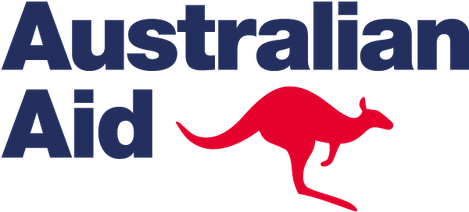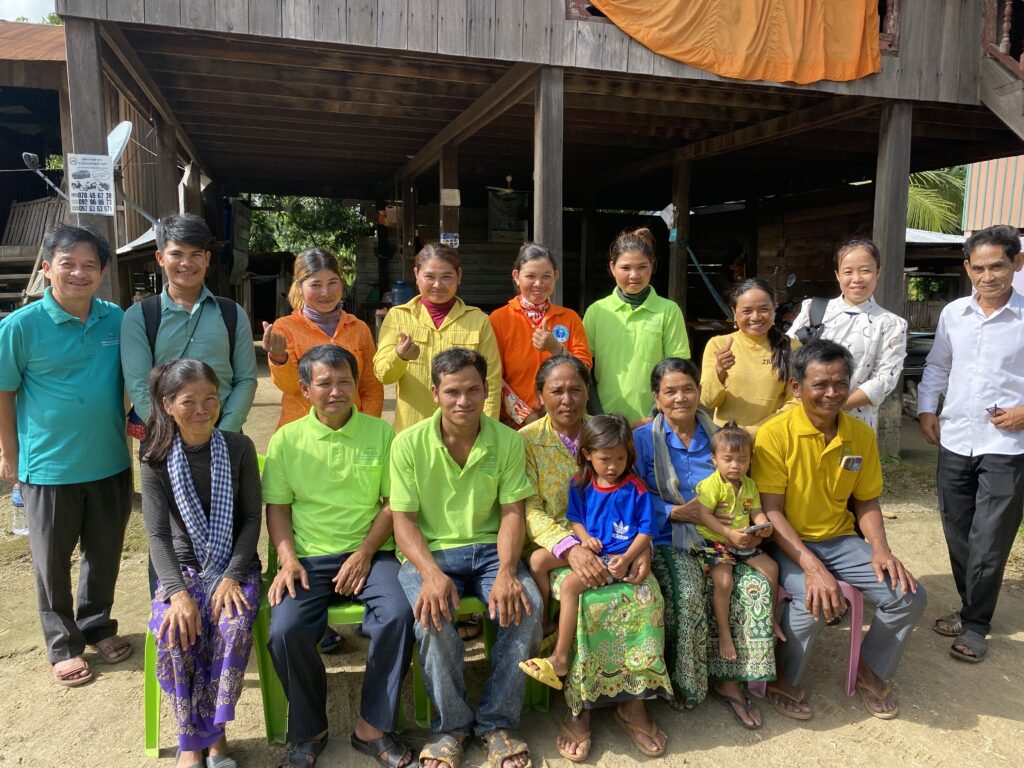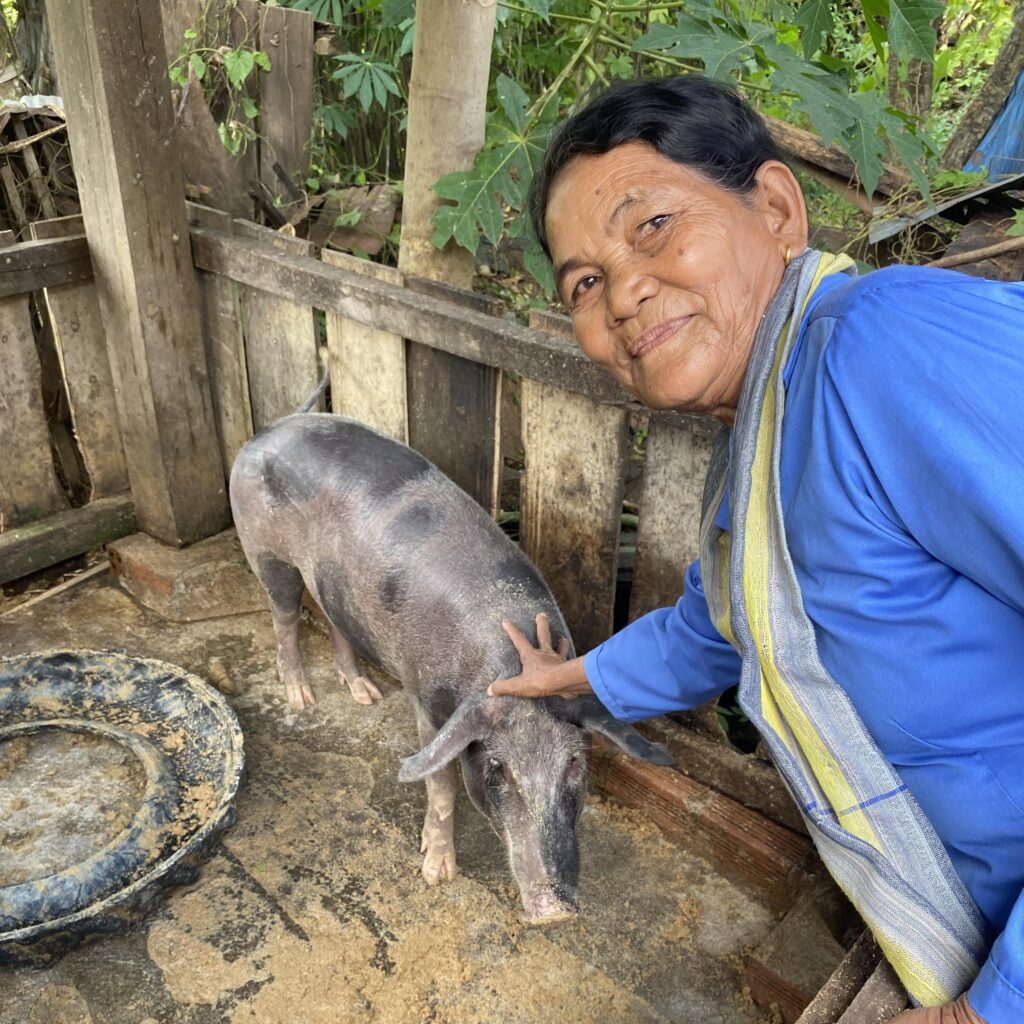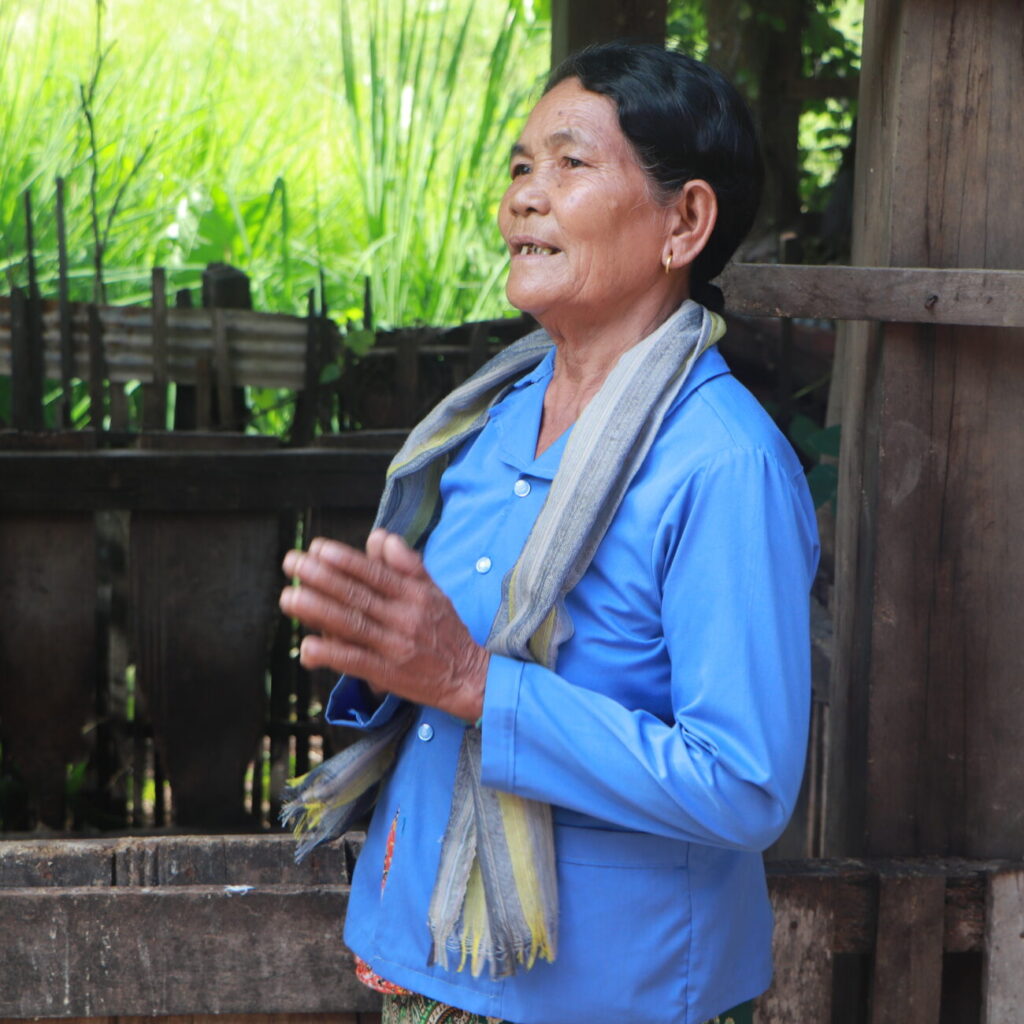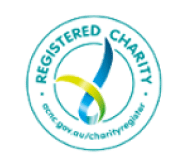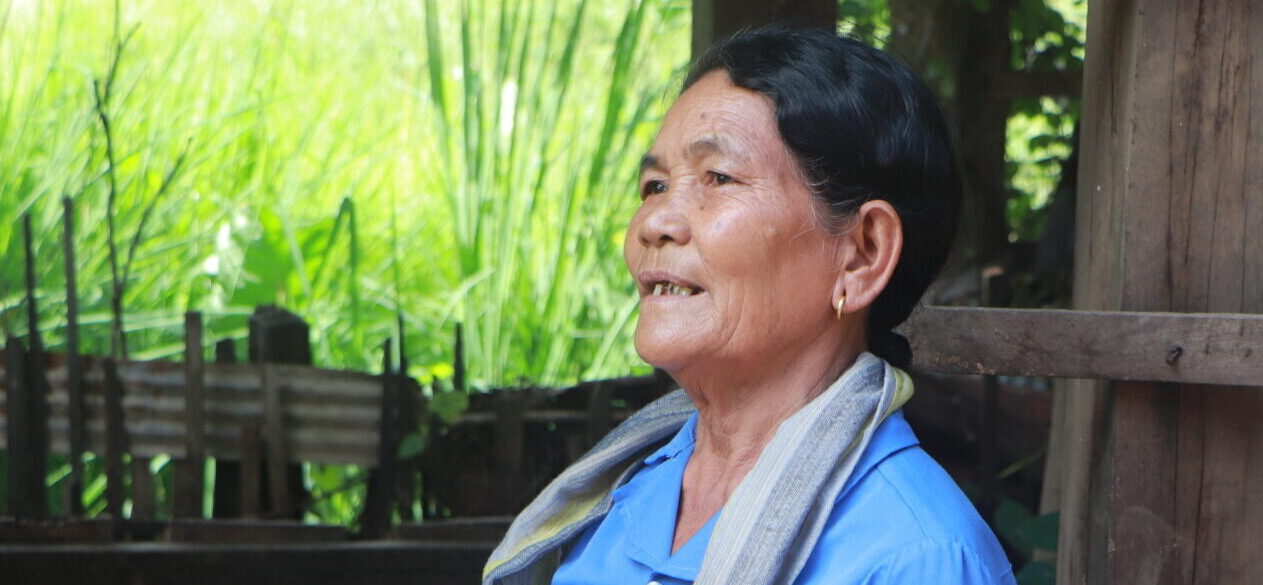
Cambodia
All ages can be changemakers.
It’s the beginning of August. The seasonal rains are yet to arrive, but the humidity envelopes everyone as we sit together under the shade of a traditional Cambodian stilt house. In remote Preah Vihear Province, amongst the indigenous Kuy community, I’ve come to visit a Community Development Group (CDG) which forms the building block of our local partner PNKS’s approach to sustainable community development.
The role of each Community Development Group (CDG) is to improve village well-being, particularly for vulnerable families, promoting increased involvement in community activities and decision-making. The project forms CDGs by selecting community volunteers motivated to work for positive change in their community. CDGs meet on a regular basis to plan development work and to address community problems.
In a culture that recognises and respects age, it’s not long before Kaeun starts to share about the challenges and successes of their group. Formed just one year ago, the group has initially formed a savings club. Although they have not yet generated a lot of savings, they have established a reserve fund that can be called upon by members and the broader community for medical emergencies. A loan for emergencies can range from $25-$50 depending on need and availability of funds.
Located in one of Cambodia's poorest regions, 96% of families rely on growing rice or cassava to survive with almost half of all families having an annual income less than AUD$ 390 per annum. So in this farming community, it's not unexpected that the conversation starts with the changing weather patterns, the delay in rain this year, and its impact on their crops.
At 63, Kaeun speaks with confidence as she speaks of the pig-raising initiative recently started in the community by PNKS. As a leader, Kaeun is one of 16 households selected to begin the breeding program and she insists on taking us to see her pig pen. Kaeun is raising three of the village piglets and as they multiply, the new piglets will be distributed to program members. It’s a modest start, but for the members of the CDG and the broader community, it represents hope for a critical future income stream.
As Kaeun speaks, I can't help but calculate that she would have been in her mid to late teens during the reign of the Khmner Rouge. Yet despite the many challenges Kaeun has faced in her life so far, her resilience, passion, and commitment to creating a better community is inspiring.
The Somleng Prey Leng project relies on funding from AOA supporters and also receives funding from the Australian Government through the Australian NGO Cooperation Program (ANCP).
